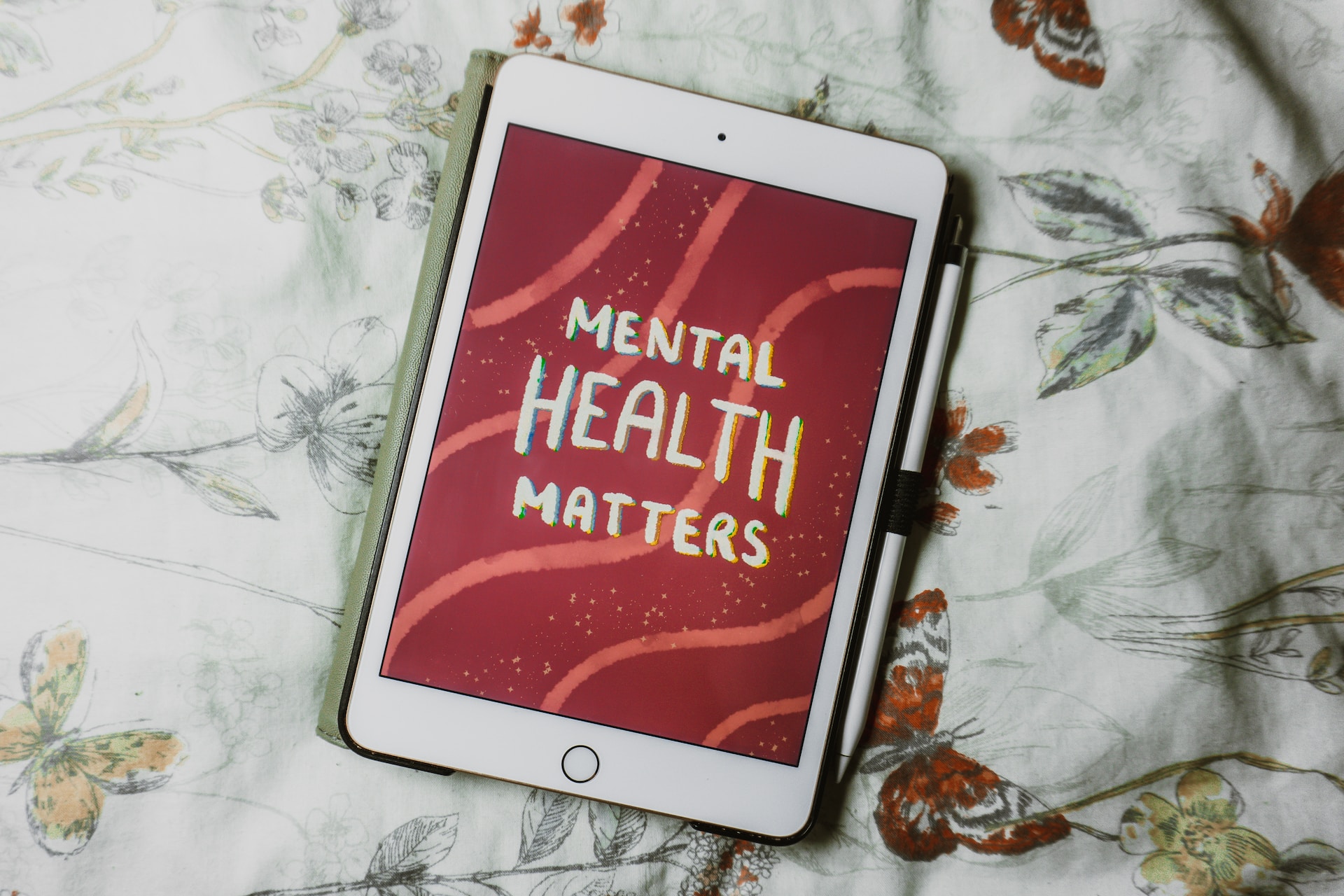Blog
Anxiety can feel like a constant weight on your shoulders, like a heavy weight that pulls you down. It’s hard ...
Eating disorders are far more than physical health conditions—they are complex mental health challenges deeply intertwined with emotional struggles. These ...
When we think about eating disorders, a certain image tends to come to mind: a thin, white, cisgender woman struggling ...
Discover the importance of self-acceptance on the path to recovery and well-being. Exis Recovery offers insights and guidance on how ...
Struggling with social anxiety? Learn how to manage symptoms, build confidence, and ease social fears with effective strategies, treatments, and ...
Discover practical strategies for maintaining sobriety during challenging times. Exis Recovery offers six essential tips to help you navigate triggers, ...
Discover the many benefits of participating in small group counseling for addiction and mental health recovery. Exis Recovery highlights how ...
Discover practical strategies for maintaining sobriety during challenging times. Exis Recovery offers six essential tips to help you navigate triggers, ...
Learn practical strategies for managing your time effectively. Exis Recovery offers tips and techniques to help you prioritize tasks, reduce ...











